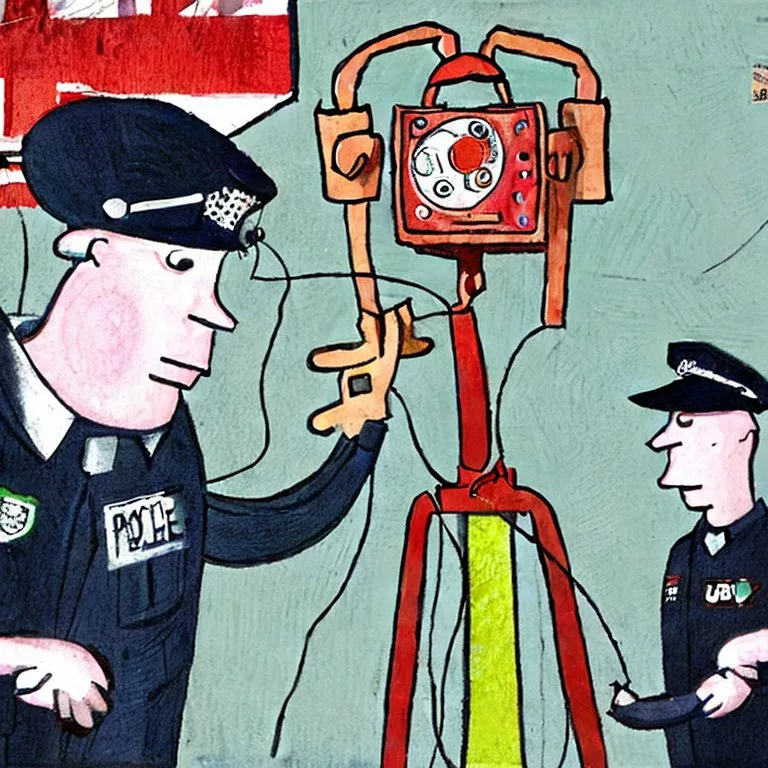Apple, the tech giant known for its commitment to user privacy and security, has issued a stern warning to the UK government amid proposed amendments to the controversial Investigatory Powers Act 2016 (IPA). As the government opens an eight-week consultation on the potential changes, Apple’s concerns have sparked questions about the future availability of essential services like FaceTime in the UK.
The IPA, often referred to as Snooper’s Charter 2.0, has long faced opposition within the tech industry. Now, the proposed updates are drawing renewed scrutiny, with Apple sounding the alarm on the potential impact on user privacy and security.
At the heart of Apple’s objections lies the Home Office’s power to request access to encrypted content through a “technology capability notice” (TCN). This notice empowers the government to demand the removal of “electronic protection” of data from tech companies like Apple.
In written submissions to the government, Apple expressed significant concerns about a specific amendment in the IPA. This amendment would give the UK government oversight of security changes to Apple products, including routine iOS software updates. According to Apple, this move could grant the home secretary unprecedented control over security and encryption updates on a global scale.
Apple firmly opposes this level of control, fearing it would make the Home Office the de facto global arbiter of data security and encryption standards. Additionally, the tech giant expressed unease about another proposed amendment that would allow the government to swiftly block the implementation of a security feature while evaluating a TCN. This process, in Apple’s view, lacks sufficient safeguards for an appeal.
With these concerns in mind, Apple raised the possibility that essential services like FaceTime and iMessage could be at risk of removal from the UK. The company has made it clear that it will not compromise user privacy by building “backdoors” for government access. As a result, Apple stated that it would rather withdraw security features from the UK market than endanger the privacy of its users.
The Online Safety Bill, another contentious piece of UK legislation, has also faced Apple’s objections. The bill proposes spy powers that could lead to tech companies scanning encrypted messages for child abuse images. Apple, along with other tech giants, has repeatedly expressed concerns about the implications for user privacy and encrypted communication platforms.
As the debate continues, the question of whether FaceTime will remain available in the UK has taken center stage. Apple’s strong warning reflects the growing tension between tech companies’ commitment to user privacy and the government’s efforts to protect national security and combat illegal activities. With the fate of essential services hanging in the balance, the clash between Apple and the UK government highlights the challenges of finding a delicate balance between security and individual privacy.
